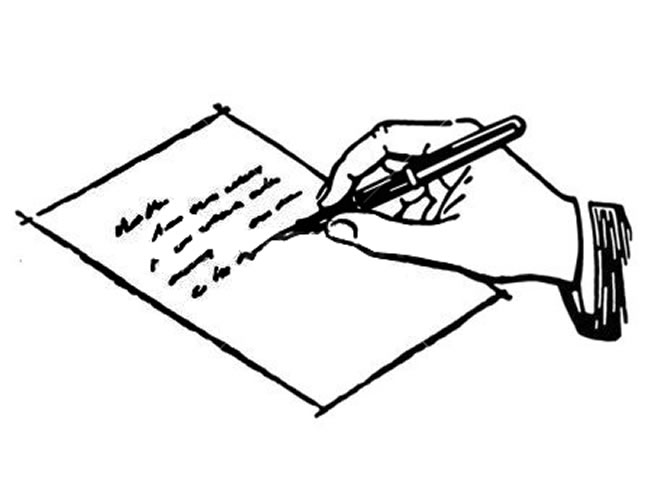By Ibrahim Tijjani Monguno Esq
Minimum wage is the lowest amount of remuneration that an employer is legally required to pay his employee for work performed by the employee during a given period. Such minimum sum fixed by law cannot be lowered by collective agreement between the employer and employee and both the employer and employee cannot also unilaterally reduce the minimum salary established by legislation.
In Nigeria, National Minimum Wage came into force in 1981, when the minimum wage was fixed at N1,500 per month. This was increased to N3000 monthly in 1991. The next increment in minimum wage in Nigeria took place in 2000, when the minimum monthly salary for workers was adjusted to N5,500 a month. Thereafter, a new minimum wage of N18,000 every month was implemented by the administration of President Goodluck Jonathan in 2011. The minimum wage was further increased to N30,000 per month in 2019.
The extant law that regulates National Minimum Wage in Nigeria is the National Minimum Wage Act 2019 (hereinafter referred to as “the Act”). Section 3(1) of the Act enjoins every employer to pay his employee not less N30,000 per month. But workers working on part-time bases, employees paid on commission or piece rate, seasonal employments, such as agriculture and employers employing less than 25 persons are exempted from the N30,000 minimum wage. Section 3(4) of the Act provides that there must be an upward adjustment of the National Minimum Wage after five years, which means, the current N30,000 minimum wage has expired. As President Muhammadu Buhari assented to the extant National Minimum Wage Act on 18th April 2019.
The procedure for reviewing the present minimum wage was supposed to commence six months before its expiration.
By virtue of Section 7 of the Act, the Tripartite Committee is the institutional framework empowered to review the National Minimum Wage in Nigeria. The Tripartite Committee is constituted by the President of Federal Republic of Nigeria, which consists of representatives of the Federal Government, organized labour, employers’ association and one state governor from each geo-political zone. The decision of the Tripartite Committee on National Minimum Wage is final.
Any employer who fails to comply with the minimum wage fixed by the tripartite committee is liable to imprisonment, payment of fine or both. Other remedies open to an employee whose employer refuses to abide by the minimum wage fixed by the tripartite committee, include; a complaint to his Workers’ Union or Minister of Labour and Employment. The worker may elect to directly file a lawsuit against the employer. Indeed, even the Workers’ Union and the Minister of Labour and Employment would eventually file a lawsuit against the employer, on behalf of the aggrieved worker, if the employer fails to yield to their demand of paying the worker the minimum wage fixed by the Tripartite Committee. It is noteworthy that the Court that has exclusive jurisdiction over enforcement of National Minimum Wage is the National Industrial Court of Nigeria.
Ibrahim Tijjani Monguno Esq, wrote from Maiduguri, Borno State via Ibrahimtijjanimonguno@gmail.com.
ALSO READ: JUST IN: Oba Olakulehin gets Staff of Office as 43rd Olubadan






